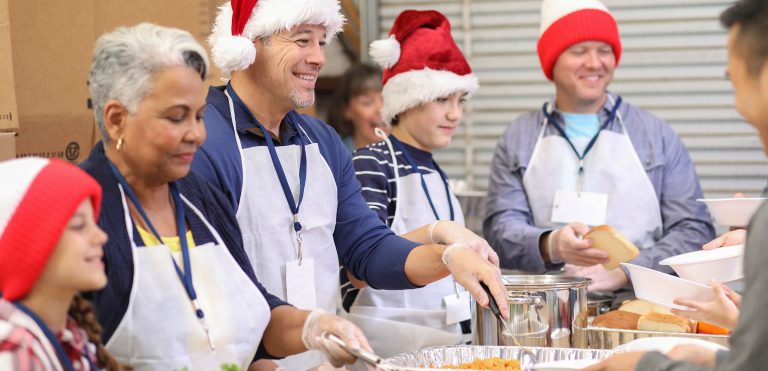 Loneliness Affects All Ages
Loneliness Affects All Ages
Human beings are social creatures. Feeling like you’re part of a community helps you thrive; however, some people struggle to make and keep relationships that sustain them. Connections with others are important for your health.
Social isolation and loneliness both can cause problems. “Isolation is about whether other people are physically there or not. Being lonely is about not feeling connected to others. You can feel lonely in a room full of people,” explains Dr. Steve Cole, a National Institutes of Health (NIH)-funded researcher who studies loneliness.
Loneliness not only feels bad, it may also be harmful to your health. People who feel lonely are at higher risk of many diseases, including heart disease, high blood pressure, and Alzheimer’s disease. Loneliness may also increase the risk of death for older adults.
People often associate loneliness with getting older, but you can feel lonely at any age. A recent survey found that young Americans are more likely to feel lonely than older adults. “Some research suggests that social media is preventing younger people from connecting in real life,” Cole says.
Get Involved With Others
Being active in your community and helping others can reduce feelings of loneliness, especially during the holidays. Try the following to get more involved:
- Serve meals or volunteer at a homeless shelter
- Help an organization send care packages to soldiers stationed overseas
- Care for dogs and cats at an animal shelter
- Volunteer to run errands for people with disabilities
- Help with gardening at a community garden or park
- Volunteer at a school, library, museum, or hospital
If you need some added support during the holidays, your EAP can help. Call your Care Coordinator at 800.245.1150 for more information.
